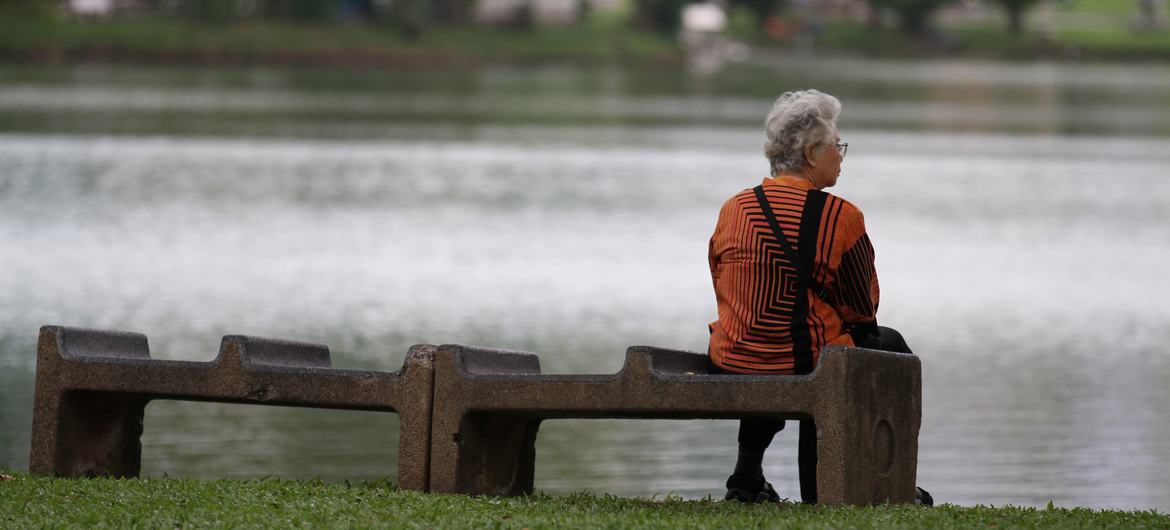New UN guide aims to tackle growing problem of elder abuse

Every year, 1 in 6 people aged 60 years and older experience some form of abuse – a trend that is expected to continue with rapid population ageing in many countries, the World Health Organization (WHO) said.
The WHO and partners are highlighting the issue in the context of World Elder Abuse Awareness Day, observed annually on 15 June, and have issued a publication outlining 5 key priorities for response.
Elder abuse is a violation of human rights. It includes physical, sexual, psychological and emotional abuse, but also financial and material abuse, abandonment, neglect, and serious loss of dignity and respect.
Like many other forms of violence, elder abuse has increased during the COVID-19 pandemic. Furthermore, 2 in 3 staff in nursing homes and other long-term care facilities admitted to committing abuse over the past year. Despite the growing issue, abuse of older persons remains largely absent from the global health agenda, the WHO said.
The new guide calls for tackling elder abuse as part of the UN Decade of Healthy Ageing, which runs through 2030 and is aligned with the last 10 years of the Sustainable Development Goals (SDGs).
Combating ageism is a top priority as it is a major reason why abuse of older people receives scant attention, while more and better data is needed to raise awareness of the problem.

